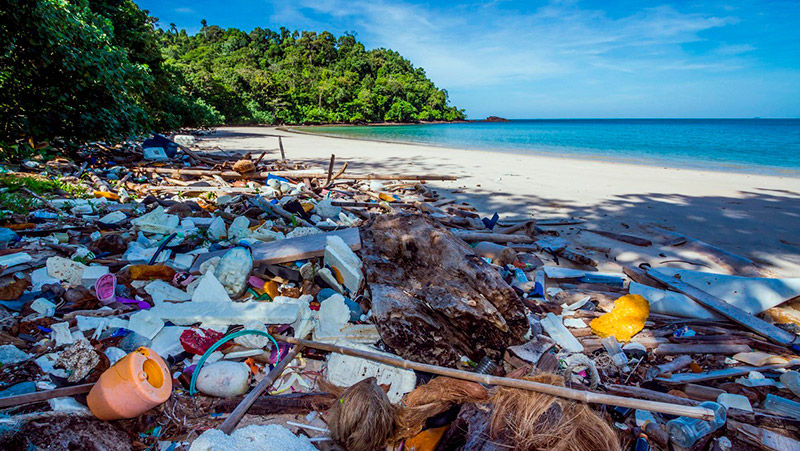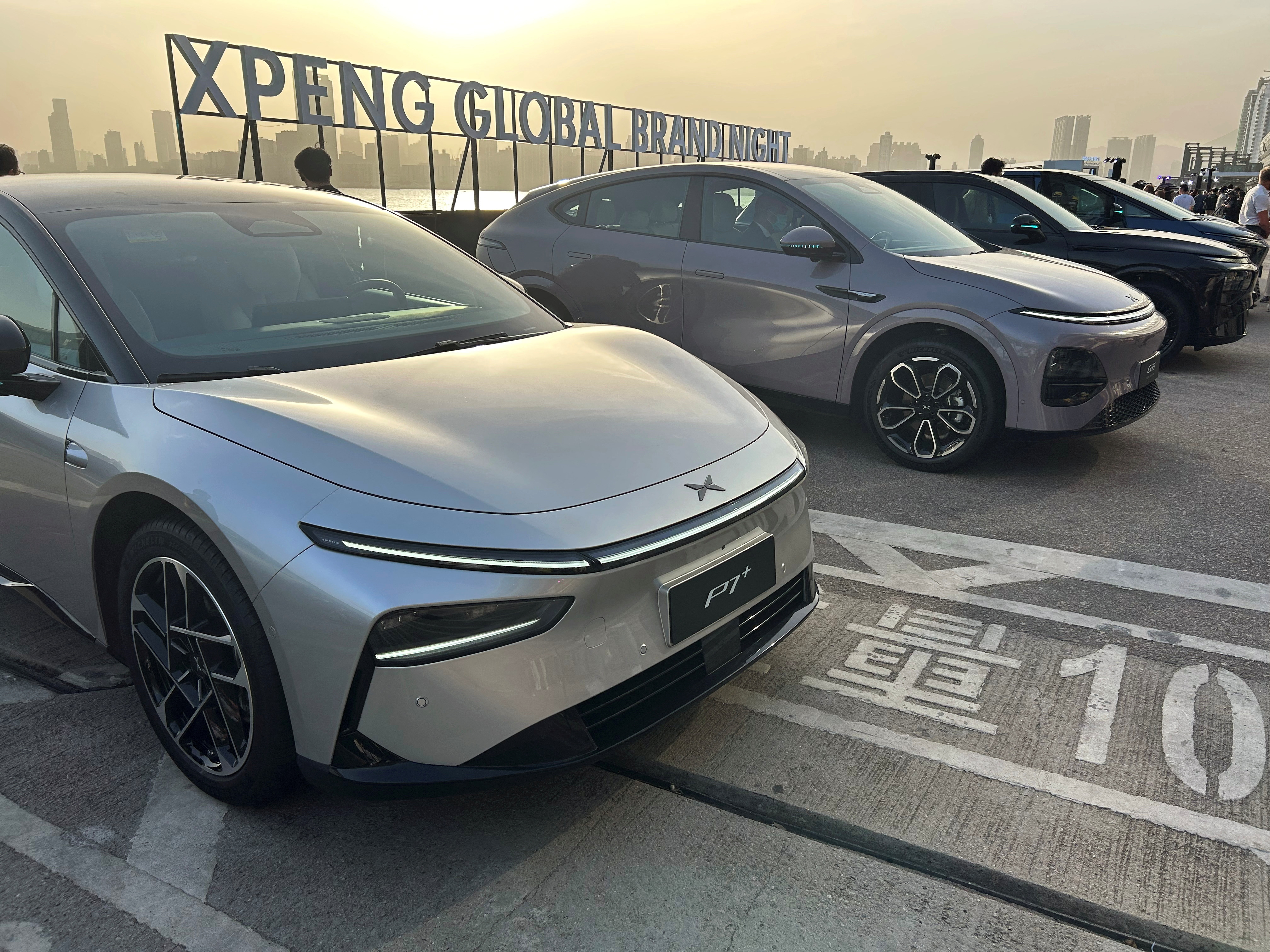In a large storage facility located in eastern Thailand, close to a significant highway, government inspector Thitipas Choddaechachainun carefully scrutinizes heaps of disposed electronics—circuit boards, metal scraps, and obsolete computer parts. Every week, she and her team from the Thai Ministry of Industry explore unauthorized sites managing electronic waste, gathering samples for lab analysis and regulatory compliance.
Choddaechachainun heads a committed team focused on tackling the nation’s escalating issue with electronic waste, also known as e-waste. Even with regular checks and operations on these unauthorized facilities—many of which are concealed in remote areas to evade attention—the magnitude of the issue keeps growing.
Thailand is dealing with the consequences of shifts in global electronic waste allocation. Previously, countries like China handled the majority of digital discards from wealthier nations, particularly the United States and European Union members. This changed in 2018 when China implemented a ban on e-waste imports, prompting exporters to seek alternative locations in Southeast Asia, with Thailand being among the selected ones.
Thailand applied its own prohibition on the importation of e-waste in 2020. However, the outcomes have been anything but positive. As reported by Earth Thailand, a nonprofit dedicated to environmental advocacy, the volume of e-waste brought into the country has surged from about 3,000 tons each year prior to the Chinese restriction to nearly 60,000 tons currently.
This influx is partly fueled by high turnover rates in electronic devices among Western consumers. Frequent upgrades to smartphones, laptops, and other electronic goods—combined with widespread ownership of large household appliances—generate substantial waste. Although international regulations aim to prevent the export of hazardous waste to developing nations, loopholes remain. For example, shipments are often misdeclared as used electronics meant for resale, only to be dismantled and smelted upon arrival.
The recycling procedure poses significant environmental risks. In Thailand, electronic waste is dismantled and melted to reclaim valuable materials such as copper and gold. While this method of recovery is profitable, it emits dangerous substances like mercury and lead, contaminating the air, soil, and water.
Thai authorities estimate that most of the recovered metals are sent to China, leaving behind the environmental and social toll.
Thai Industry Minister Akanat Promphan speaks out regarding the damage these operations inflict. He stresses that the unlawful recycling sector fails to benefit the country’s economy and instead causes harm to local environments and populations. His department has initiated a more intensive effort to close down illegal activities and remove foreign-owned facilities engaged in unlawful practices.
Thailand is regarded as a dumping ground, Promphan observes. “We are dealing with an international waste management practice that provides no benefit to our country and leads to considerable damage.”
The negative consequences extend to individuals like Seng Wongsena, a 57-year-old agricultural laborer in eastern Thailand. He states that polluted discharge from a close-by smelting facility has harmed his cassava plantation, and the smell of burning debris disrupts his sleep at night. Local activists claim that the smelting operation operates without the necessary permits and are calling for intervention from government authorities.
On an international level, the consequences are alarming. According to the United Nations, more than 60 million tonnes of electronic waste are created worldwide annually—twice the amount documented 15 years prior. Projections indicate that this number could increase by more than 30% before the decade concludes.
Although the worrying increase continues, only about 20% of global electronic waste is managed using sustainable and environmentally safe techniques. The rest is dumped in landfills or processed in dangerous environments, often in countries lacking strict regulations.
Some nations have introduced extended producer responsibility laws, which hold manufacturers accountable for the end-of-life management of their products. Companies such as Apple, Samsung, and Dell are being pushed to develop systems for reclaiming and recycling their devices.
Thailand is evaluating a comparable legal framework, with the goal of bolstering local enforcement and decreasing unlawful practices associated with electronic waste management. Promphan is hopeful about its enforcement in the future.
“I am optimistic that we will approve this new legislation shortly—perhaps before this year concludes or at the start of the next,” he mentions. “We require all-encompassing measures to eradicate this unlawful sector and safeguard our citizens and the environment.”
As Thailand moves forward with legal reform and enhances regulation, their actions reflect a smaller aspect of a more extensive issue. Managing electronic waste necessitates worldwide collaboration, clear supply networks, and teamwork between consumers and producers. Without major transformation, the ecological impact of our technological era might surpass its advantages.




